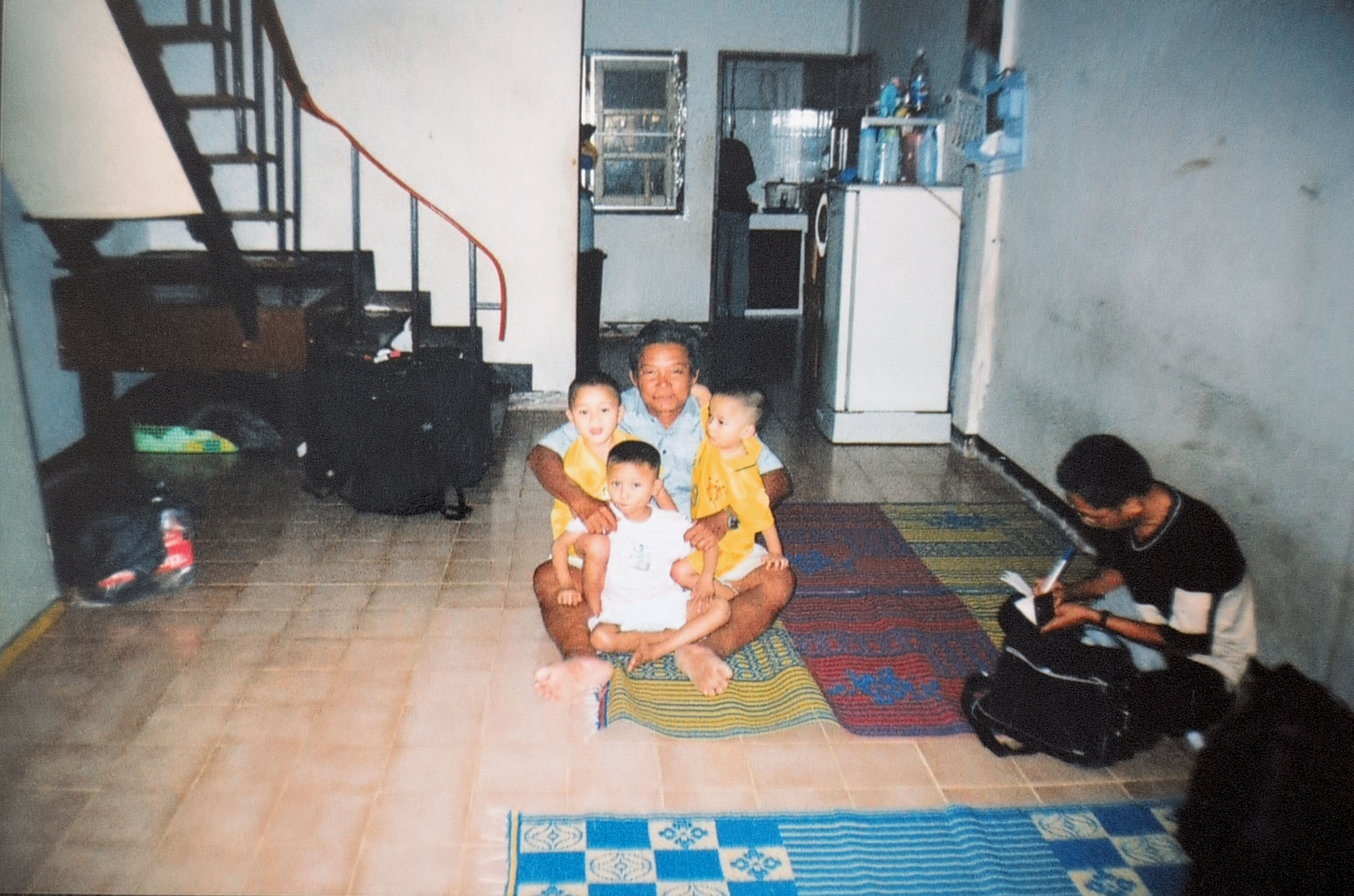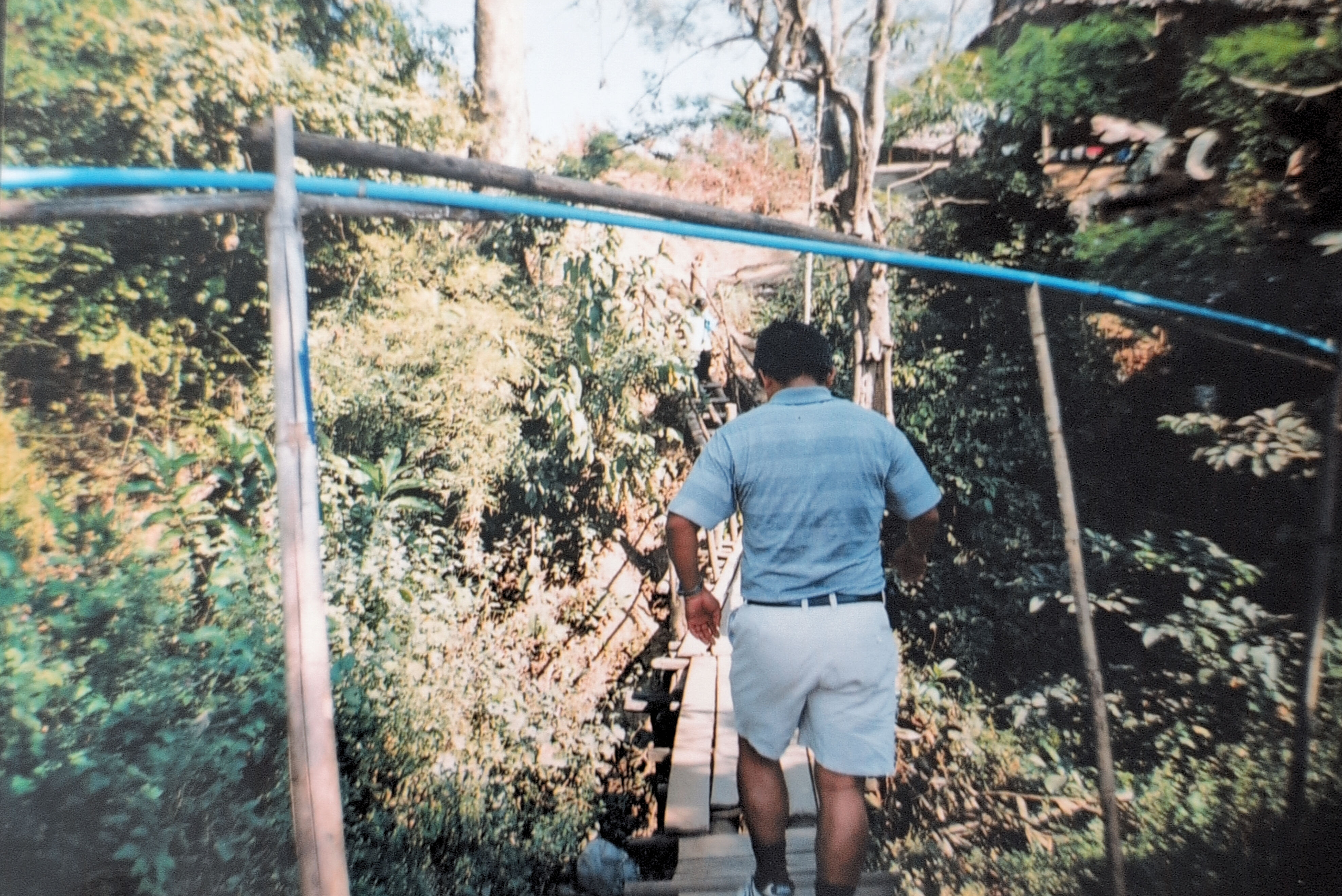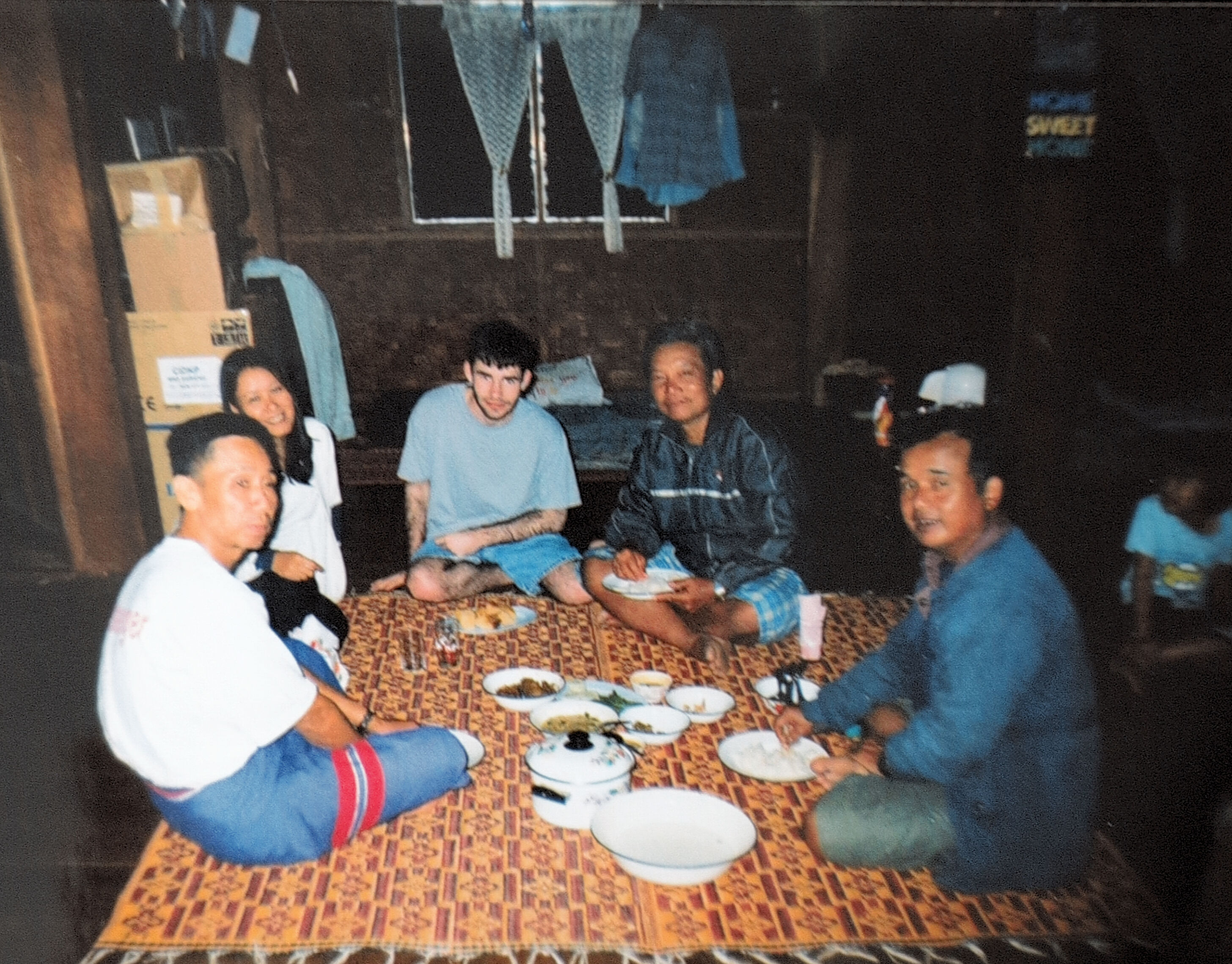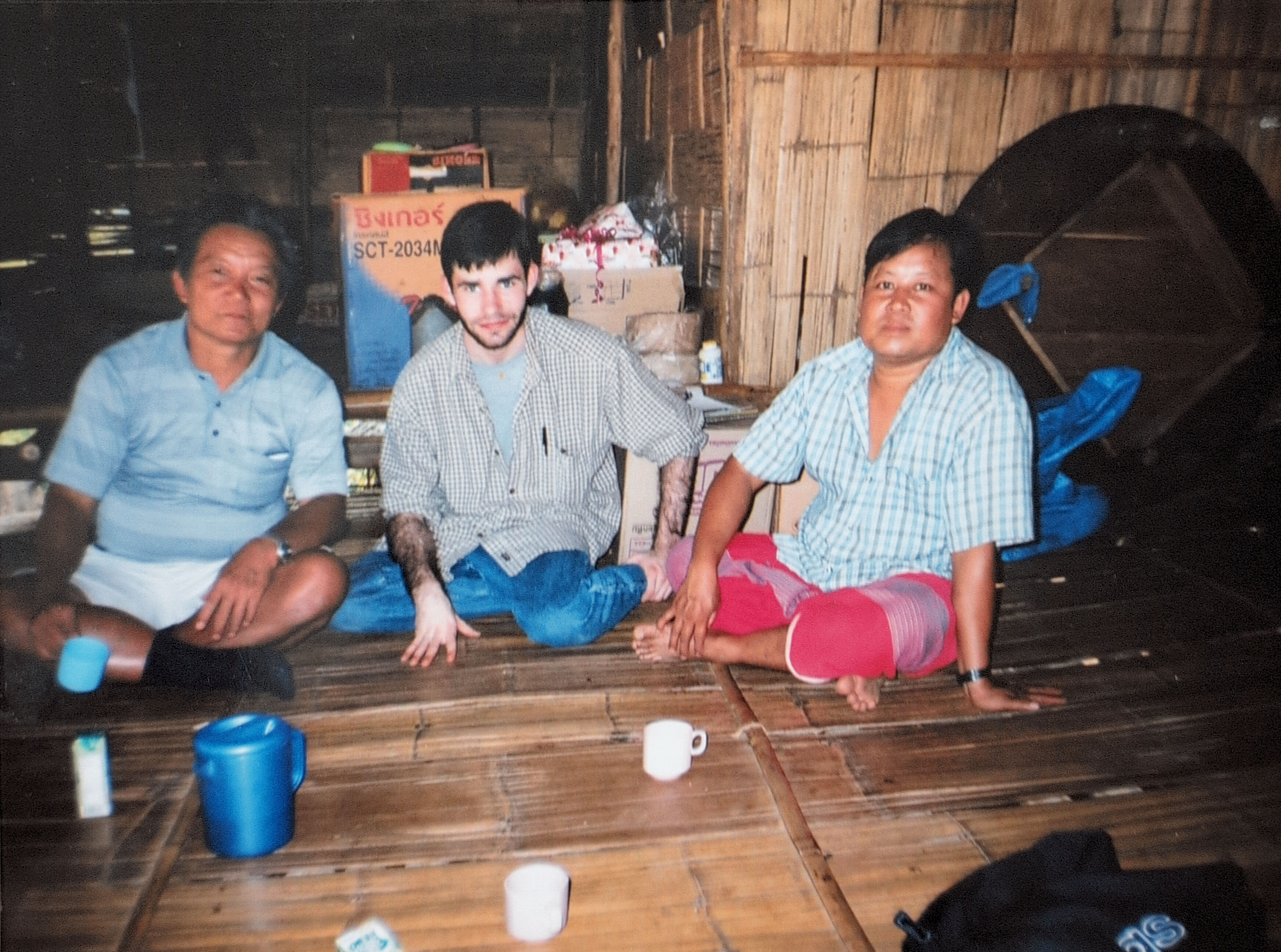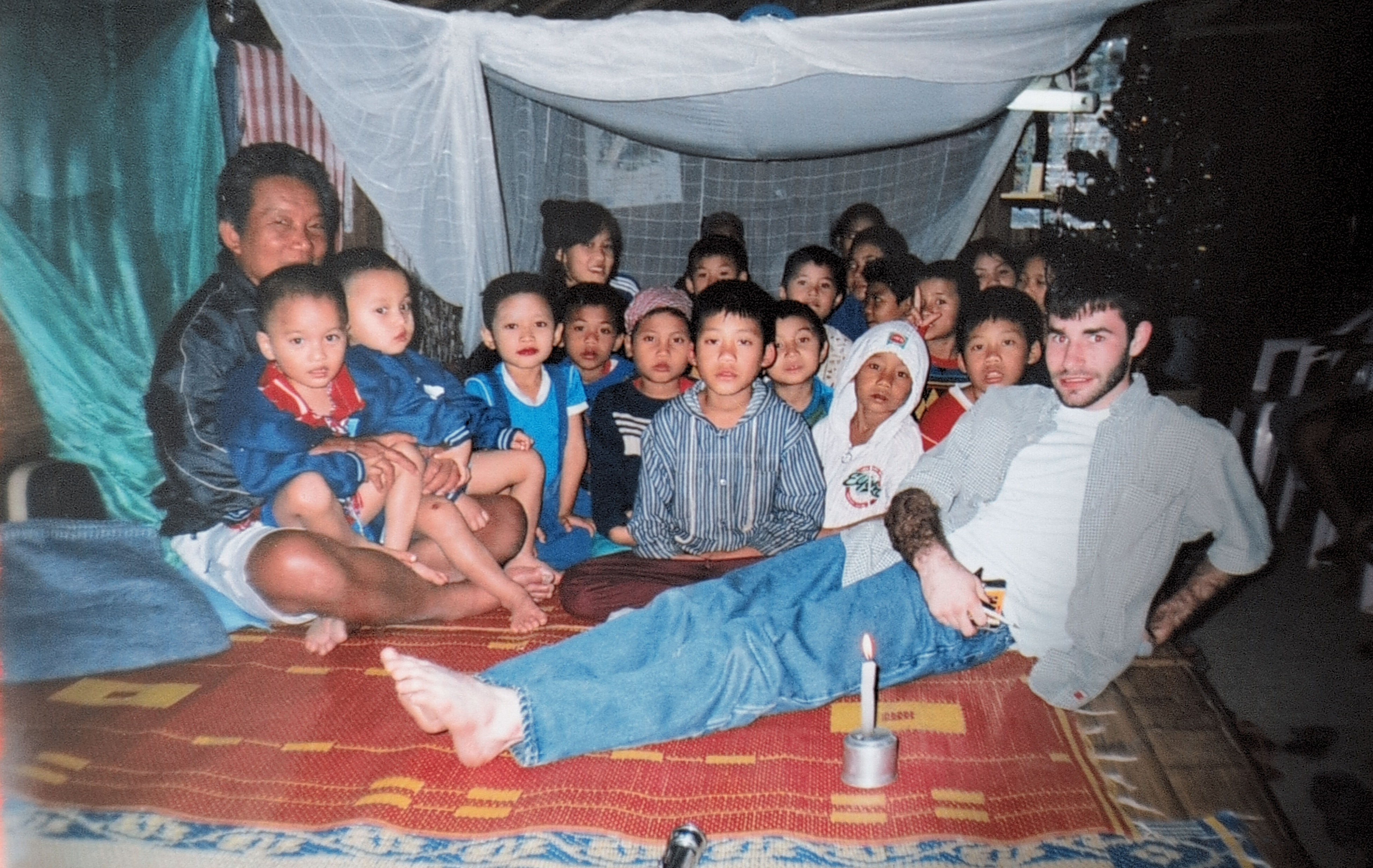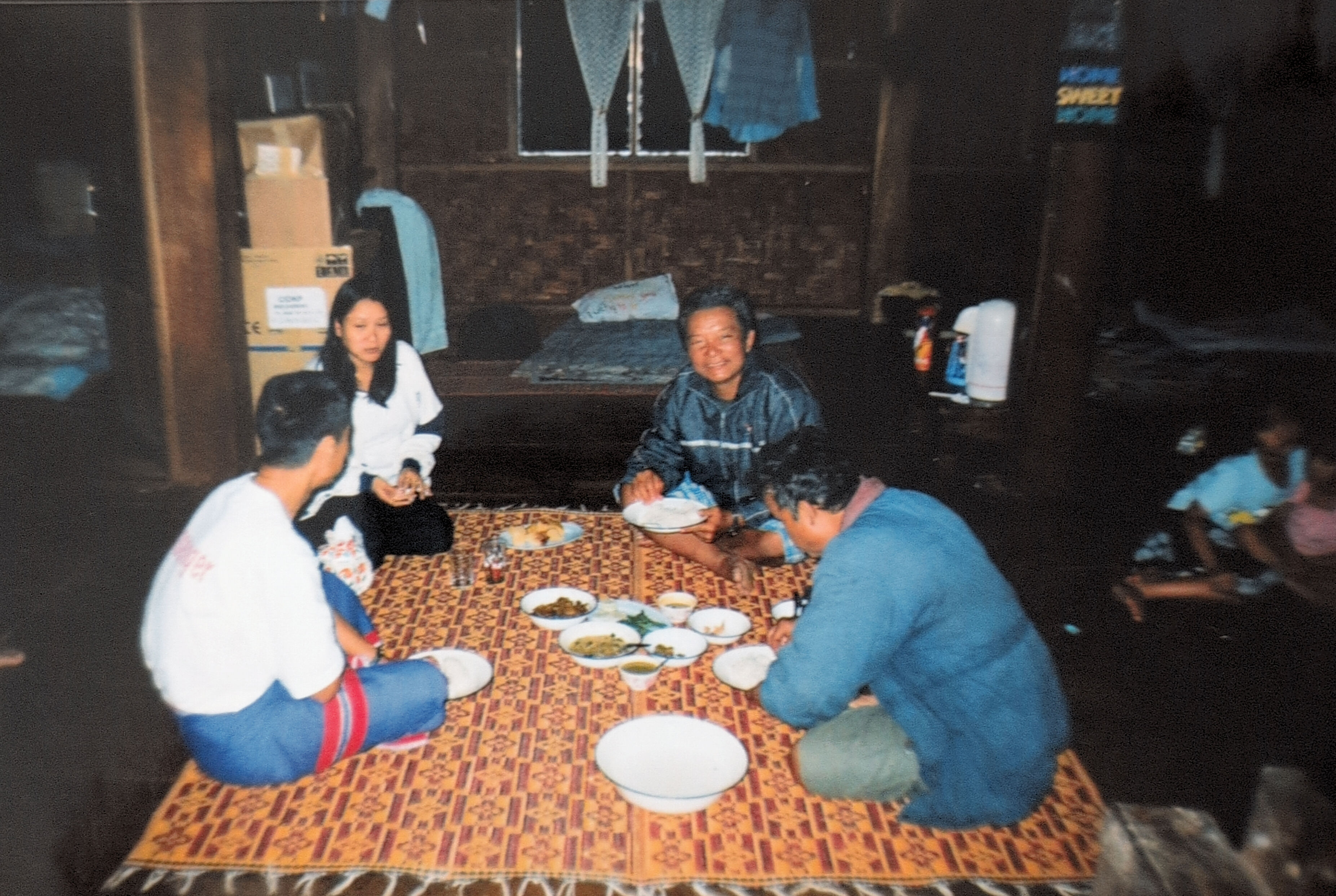How do I pay tribute to my friend, Saw Htoo Htoo Lay? Shall I list his virtues, hail his actions, recall the sweet memories of the past? Let others do this, I cannot pay this kind of tribute, he would not have wanted me to. Brother Amoz was a man who, above all else, loved his God and loved his neighbor as himself. Let me tell you how he did so.
When I think of Saw Htoo Htoo Lay, I am reminded of Epaphroditus (Philippians 2:25-30). In describing this man, Paul used a unique word, paraboleuomai, translated “risking his life.” This was an old Greek gambling term, for a person who laid down a stake and threw a lot. It became associated with those who regularly risk their lives for a cause or a person. In the second century, a group of believers embraced this concept, and called themselves Parabalani. They were called to a specific area of service that involved significant risk: caring for the sick and dying. They were not called to die in heroic ways, facing the lions or the fires; but regularly spent themselves in every day ways to perform a necessary service in the body of Christ. Like this ancient order, Saw Htoo Htoo Lay gambled everything he was on Christ. He lived his life as a perpetual sacrifice, and ministered the love of Christ in the darkest of circumstances. He ordered his life to be able to offer counsel in the great matters of his day, encourage a believer in the things of God, help a mother get milk for her baby, or perform any other service God might set before him. Like Epaphroditus and those early believers, he was Parabalani.
I watched him, saw how he followed Christ, and discerned how his inner principles shaped his lifestyle. I followed him, as he followed Christ, and in so doing learned how to live in the way Christ would have me to. So, in tribute to my friend, I will share in words what I observed in his life, in the hopes that others may take up the mantle that our dear friend has left behind, and walk in the ways of the Parabalani, to the Glory of God.
The Rule of the Parabalani
Since our Savior took upon himself a complete humanity, alongside his complete divinity, his Body on earth has the obligation to follow him through all aspects of human existence, as he himself did on earth. Some of the paths of Christ are dark, for our Captain feared not to tread through the most terrifying aspects of human experience and earthly suffering. While we all follow him through some of these, there are those among us who specialize in this; ordering their lives to be prepared to minister in Christ’s stead in the valley of the shadow of death. We are the Parabalani, named after Paul’s description of our spiritual forbearer, Epaphroditus (Philippians 2:25-30). Our name indicates our mode of life: we throw our entire life onto the table for the sake of God’s people and Christ’s Church, gambling everything we are on Christ and embracing the risks that are necessary to this holy cause. We, weak and frail creatures order our entire lives around the path Christ has called us to, so that we may be ready to throw ourselves into whatever task our master may call us to. This is our rule.
1) We acknowledge that human life and experience is sacred in Christ by:
- Coming alongside believers in all manner of human experience in all times of life
- Seeking to preserve spiritual and physical life wherever possible
- Exercising good stewardship over our own lives and well-being, as much as our primary purpose allows
2) We acknowledge that human death and suffering is sacred in Christ by:
- Ministering to the dead and dying, spiritually and physically.
- Working alongside those whose lives are in danger, and sharing their hardships
- Embracing the very real possibility of our own death every day
3) We embrace perpetual emptiness and draw on Christ’s infinite fullness by:
- Refusing to seek satisfaction in earthly things, even good things
- Preparing our souls for a lifestyle of emptiness and depravation
- Seeking to apply the fullness of Christ in practical ways to human physical, mental, emotional, and spiritual needs
4) We seek profound connections with those God sends us to by:
- Committing ourselves to deep emotional and spiritual connections to the people God places in our lives
- Preparing to leave where we are and rush to aid whomever God sends us to
- Seeking to sacrificially meet the spiritual and physical needs of those around us, regardless of the cost
5) We practice self-denial as a lifestyle so that we might be prepared to follow Christ by:
- conducting the ministries God has called us to with no built-in margins for safety or comfort
- formulating our life with minimal distractions from earthly things
- seeking no rewards or rest in this life, living as a pilgrim in this world
6) We attend to the hidden places, where the ministry of Christ is lacking by:
- Focusing our ministry on topics and needs that are neglected by more typical ministry
- Reaching out to unreached and underserved individuals and groups
- Ministering to forgotten people around us in practical ways as we go about our journey
7) We live as a living sacrifice, offering our entire souls to the glory of our Christ by:
- Refusing to seek after ecclesiastical or earthly offices and honors
- Preparing the way for Christ himself to act as he wills in the affairs of men
- Deflecting all glory from self and others to Christ himself
